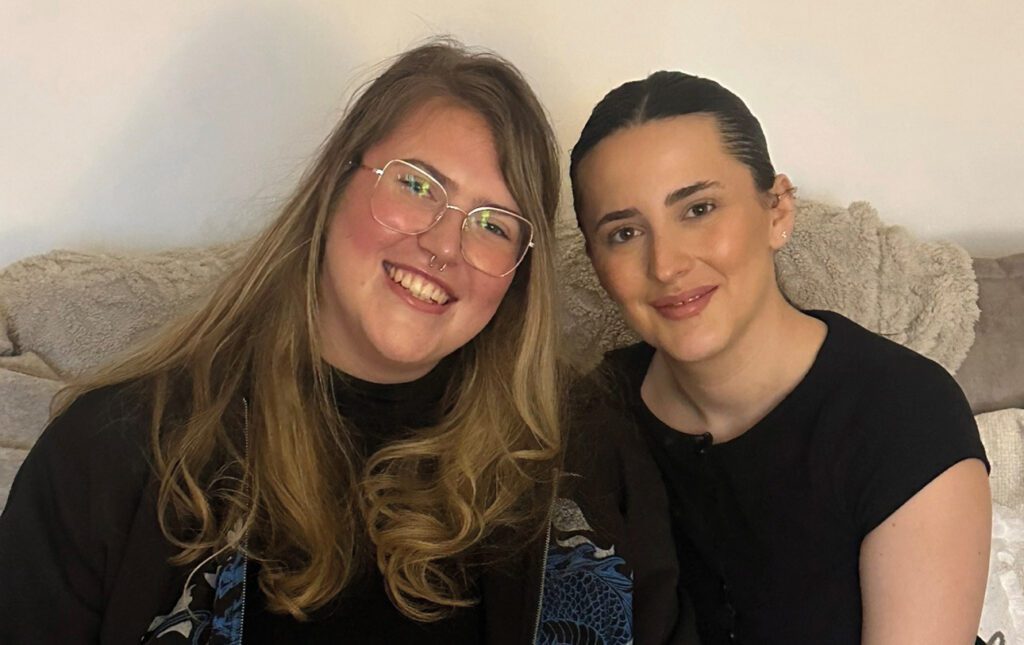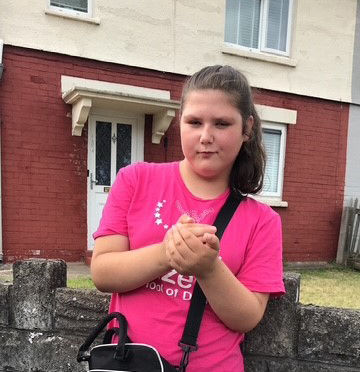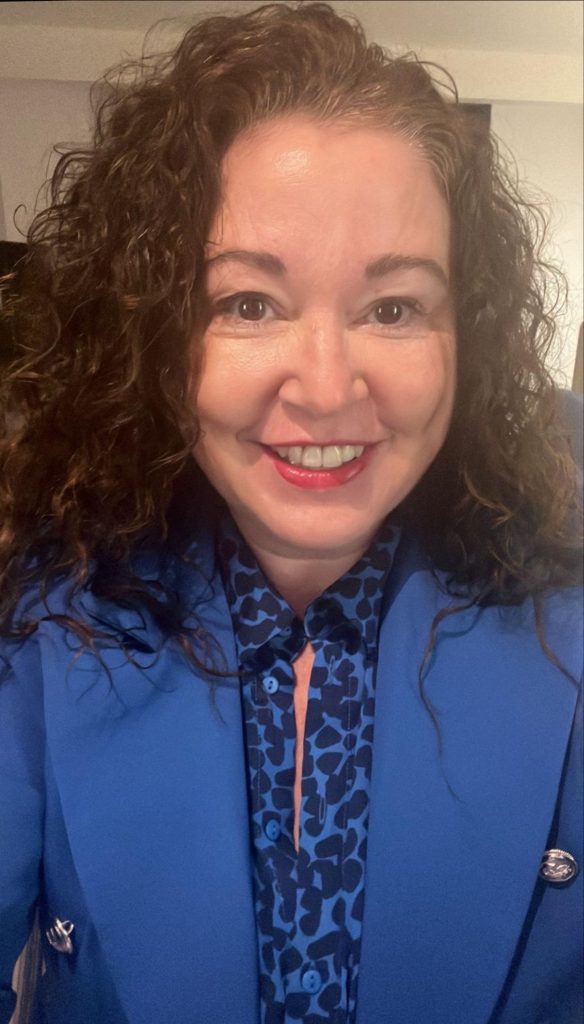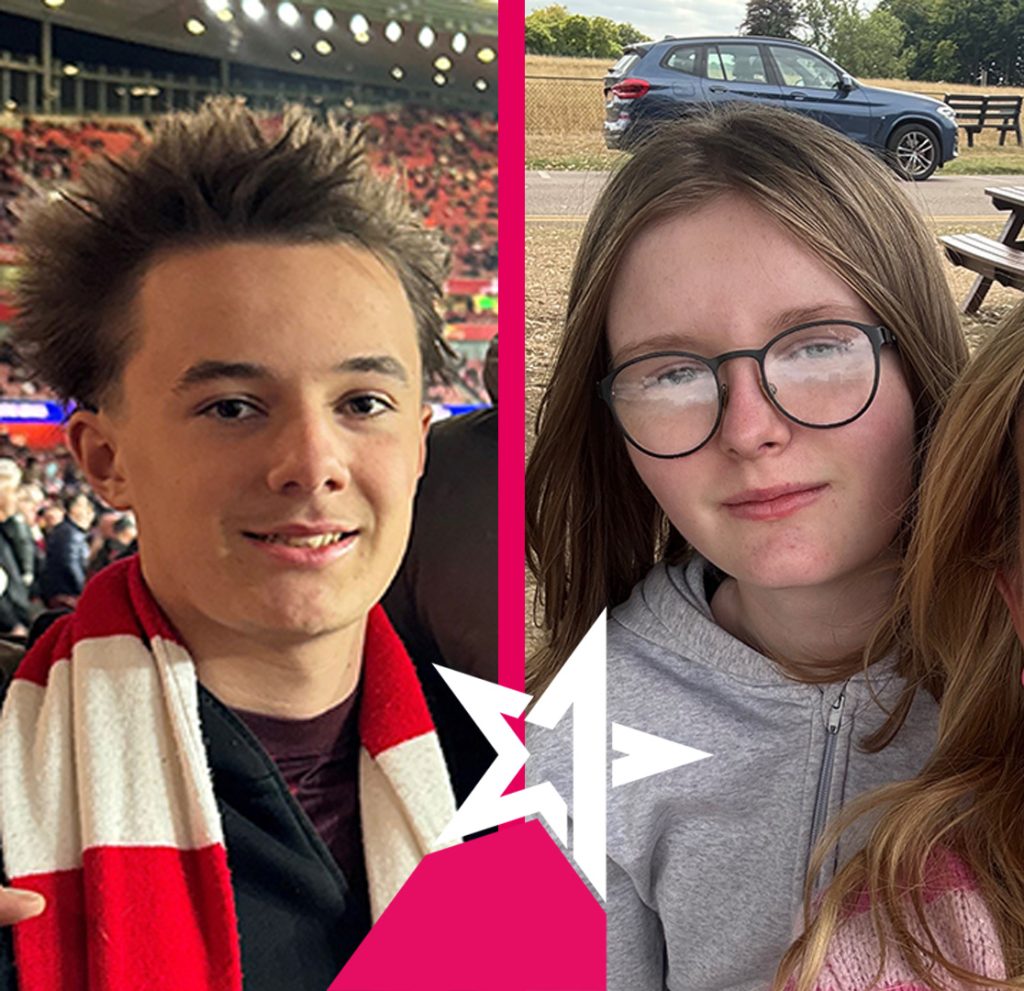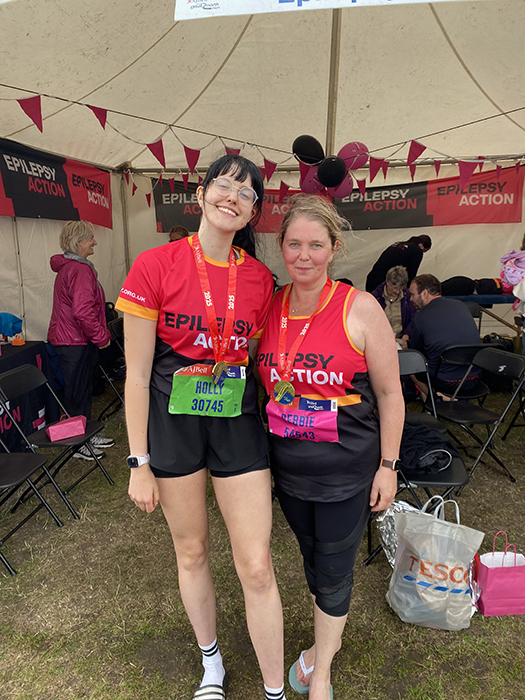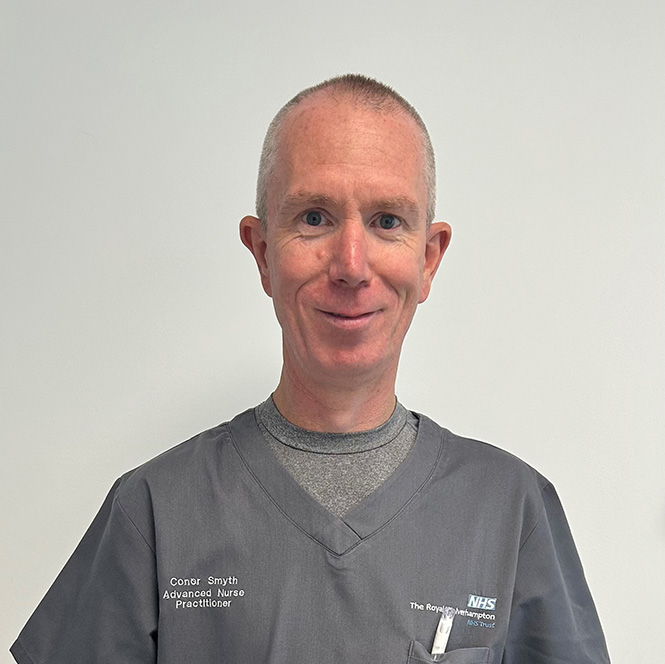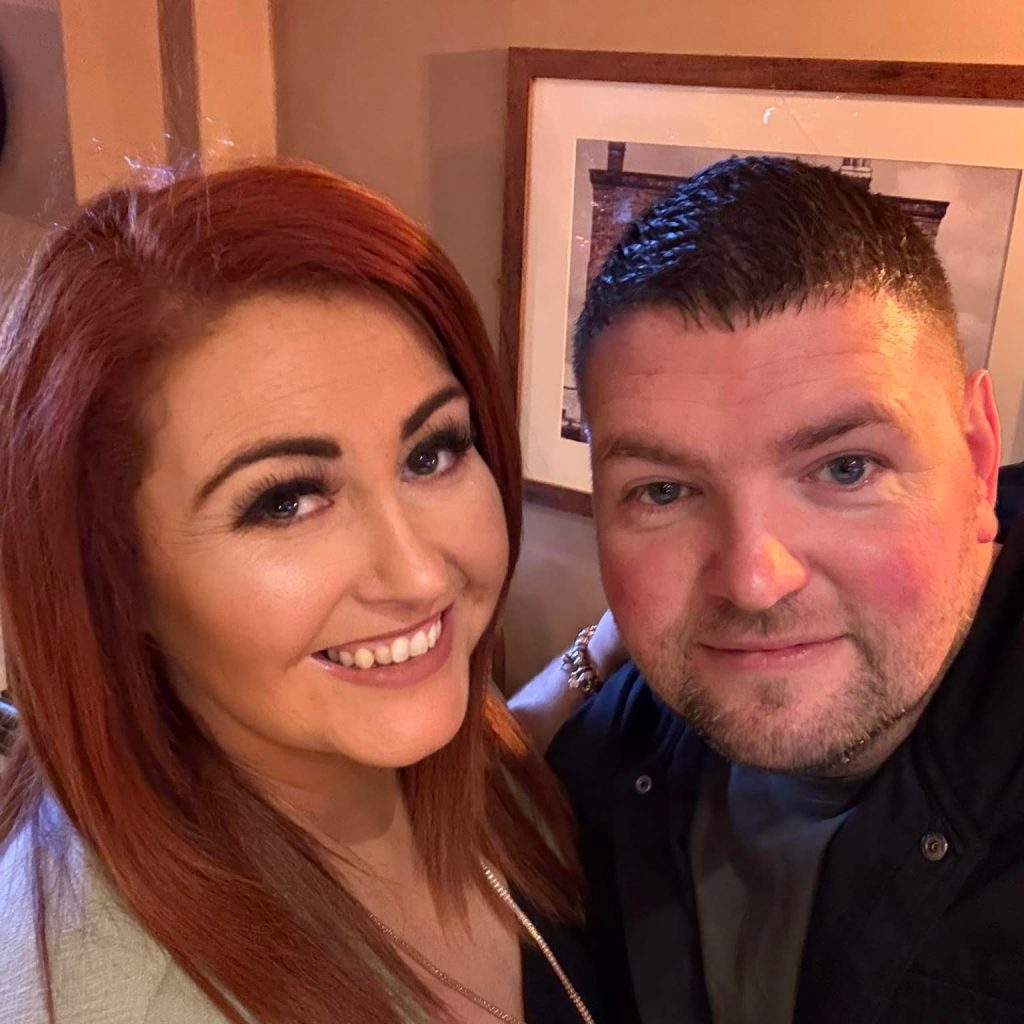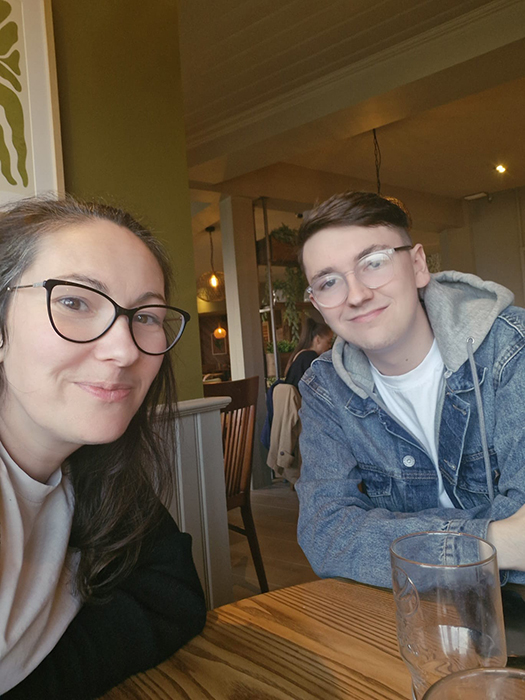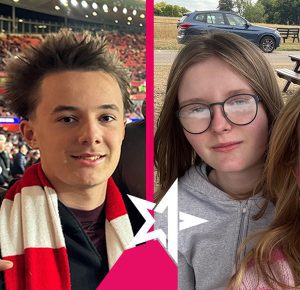 October’s Epilepsy Star Award is a very special double award. Max, 15 and Faith, 14, have both been recognised for their above-and-beyond care of their loved ones with epilepsy. Max supports his dad John, whilst Faith has three generations of family with epilepsy – her mum, grandmother and great-grandmother.
October’s Epilepsy Star Award is a very special double award. Max, 15 and Faith, 14, have both been recognised for their above-and-beyond care of their loved ones with epilepsy. Max supports his dad John, whilst Faith has three generations of family with epilepsy – her mum, grandmother and great-grandmother.
Incredibly, both teens have given their parents seizure first aid on aeroplanes when there was nobody there to help them. Max and Faith both had to step up when their parent had a seizure during a flight. They are incredible role models and show just what it means to be a true ‘epilepsy ally’ following Epilepsy Action’s ‘Could I Count on You’ campaign.
Max’s dad, John, nominated Max because of his exceptional bravery during that flight. “Max and I were travelling to Geneva. I don’t like flying in general and on this particular flight we were sat separately.
“During the flight, Max (13 at the time) recognised the sound I make when I am having a seizure. Immediately, he came to find me.
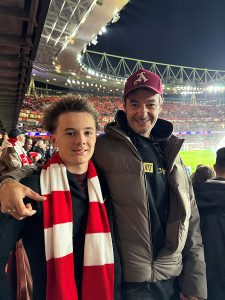
“The lady in the chair next to me was French and didn’t understand what was going on or try to help the situation. Max, despite being only 13, had to take control. He asked the lady to move and gave instructions to the cabin crew, who were unfamiliar with epilepsy or seizure first-aid. Of course, this was really disappointing to hear afterwards.
“After a seizure, I feel exhausted and disoriented. Max had to ask for a wheelchair for me – the airline staff did push me through the airport and fast-tracked us to baggage claim, but we were left wait in the arrival hall for our luggage with everyone else. I am so thankful that Max was there to take care of me.
“Max – thank you. In times of emergency I know I can rely on you. You are always strong, calm, and organised. You take control and lead the show, directing people with what they need to do such as calling a first aider or ambulance. At 13, you should have been supported by others, not left on your own on an airplane to support and care for me. I trust you and know you will always be there to help me, when I need it.”
John is a befriender for Epilepsy Action, and signed up after reading about it in Epilepsy Action’s magazine, Epilepsy Today. “I read about a girl who was really unhappy and she turned to the befriending service and I thought I am interested in that, chatting to people who understood me. Now I am a befriender for EA, because it really helped me and I want to be able to help others.”
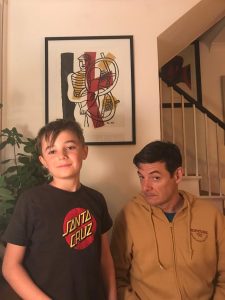
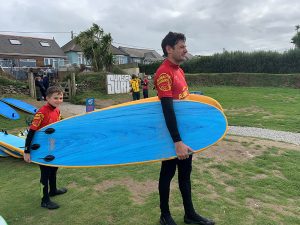
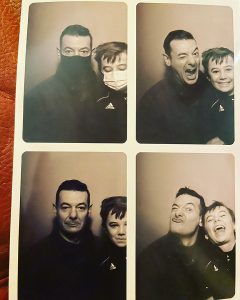
“Incredibly proud”
Fourteen-year-old Faith also had to help her mum when she had a seizure on a flight. Faith was nominated by her grandmother Barbara, who says she is an incredible advocate for people with epilepsy and passionate about raising awareness of the condition.
“Epilepsy is in three generations of our family, including myself (Barbara), Faith’s mother, Kate, and her great-grandmother. I’ve had epilepsy since I was 10 and it was much worse when I had children – I had an average of six tonic-clonic seizures a month. Kate had to look after me a lot, and she learnt to cushion my head, remove anything that could be a danger, despite being in primary school.
“Kate also has epilepsy, and so my granddaughter Faith is experiencing a similar amount of responsibility. Kate’s seizures are mainly nocturnal, so most of the time Faith isn’t in the room. When Kate hasn’t fully recovered from a seizure, she often goes into Faith’s bedroom and apologies to which Faith says ‘you don’t need to apologise for something that you can’t help.
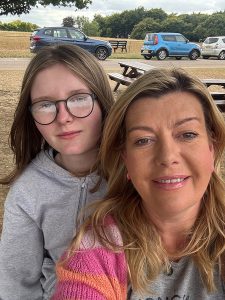 “At the age of 14, Faith recently gave a talk to her school on a topic of her choice. I was so proud that she chose epilepsy. She researched the topic and wrote about it – she outlined statistics of how many people have epilepsy and spoke about the many different types of epilepsy. She also talked about the prejudice and difficulties people with epilepsy face, including discrimination when applying for a job.
“At the age of 14, Faith recently gave a talk to her school on a topic of her choice. I was so proud that she chose epilepsy. She researched the topic and wrote about it – she outlined statistics of how many people have epilepsy and spoke about the many different types of epilepsy. She also talked about the prejudice and difficulties people with epilepsy face, including discrimination when applying for a job.
“Faith also spoke about her experience of her mum having a seizure on a plane. Faith’s mum, Kate, had a seizure on a plane and Faith was shocked by the cabin crew’s lack of knowledge about what to do if someone had a seizure, particularly when all cabin crew have first aid training and they should have known about seizure first-aid.
“Faith recalls how when Kate was unconscious the cabin crew did know what to do, but when she started to come round, and was in a trance-like state, this went out the window. The staff took Kate out of her seat, put her on the floor and gave her oxygen, which she didn’t need. They kept talking to her when she was confused. Amazingly, Faith took charge and told the airline staff to just leave Kate to come round slowly, and not make a fuss.
“I would emphasise how important it is for airlines, and all people having first aid training, to know the importance of the recovery period, staying with the person, reassuring them and allowing the person to fully recover in their own time. Knowing the CARE (Comfort, Action, Reassure, Emergency) plan is extremely important.
“In her speech at school, Faith spoke about CARE [first aid for tonic-clonic seizures] and about some different types of seizures – absence, focal and tonic-clonics. She drew on her own experiences to explain to the school why knowing what to do during a seizure is so important. I am incredibly proud of Faith.
“I have been involved with Epilepsy Action for over 25 years. I am currently the Chair of the North London Talk & Support Group and every meeting members tell me what a huge difference the group makes to their lives knowing that they can talk openly and everyone will understand and not be judgmental. Both Kate and I have the attitude that having epilepsy makes a huge impact on our lives but we won’t let it rule our lives.”
Upon accepting her award, Faith said: “My dream is to be able to speak about epilepsy in front of someone important, including government ministers and even the World Health Organisation so that more people will recognise how serious a condition epilepsy is for some people. I would like airline staff to be educated about epilepsy so that if anyone has a seizure on a plane they would know what to do.”
“Leading examples of epilepsy allies”
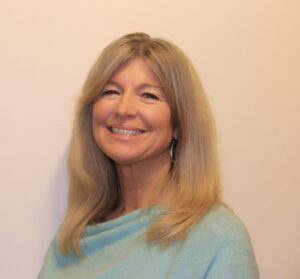 Rebekah Smith, chief executive of Epilepsy Action said: “We’re really excited to give this special, double Epilepsy Star award to two incredible young people. Both Max and Faith have taken on big responsibilities at such a young age, and have demonstrated courage, resilience and selflessness. They have shown what it truly means to support a person with epilepsy.
Rebekah Smith, chief executive of Epilepsy Action said: “We’re really excited to give this special, double Epilepsy Star award to two incredible young people. Both Max and Faith have taken on big responsibilities at such a young age, and have demonstrated courage, resilience and selflessness. They have shown what it truly means to support a person with epilepsy.
“It’s deeply concerning that, because cabin crew lacked proper training, both teenagers had to step in when their parent experienced a seizure during a flight. Sadly, situations like this are still far too frequent, highlighting the urgent need for better seizure first aid and epilepsy awareness across the UK.
“We recently launched our ‘Could I Count on You’ campaign, asking the public if they can be someone people with epilepsy can count on to look after them. We’ve heard countless stories of people having seizures in public and no one around them knowing what to do, or wanting to help. One of our supporters Paul, who took part in our campaign, shared his story of being handcuffed during a seizure on a flight, showing just how wrong it can go. Max and Faith are leading examples of epilepsy allies, staying calm and following the steps of CARE in a scary situation, which in their case involves those closest to them.”





